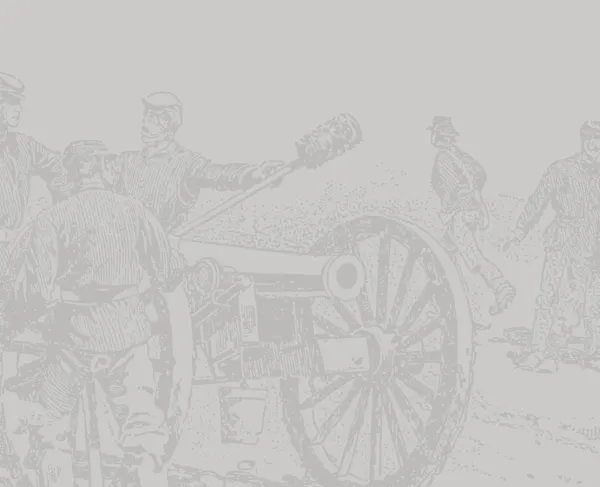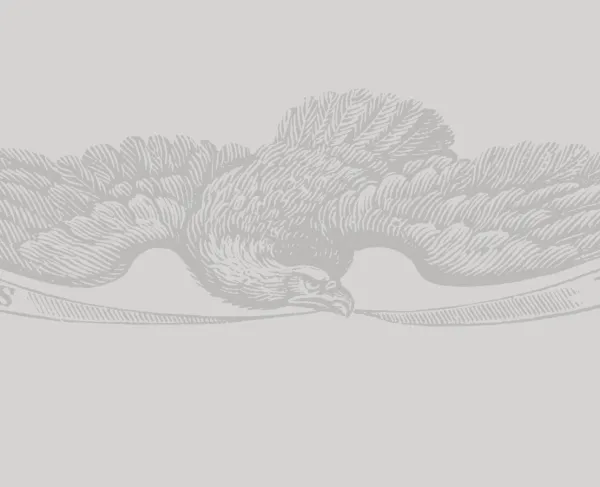Second Dedication Speech for the Unveiling of the A.P. Hill Monument, Richmond, VA.

General James Walker’s Oration: “A Splendid Vindication of the South’s Love and Reverence for Her Heroes,” at the Unveiling Ceremonies of the A.P. Hill Monument in Richmond, VA, on May 30, 1892 (as published in The Richmond Dispatch on May 31, 1892).
As General Walker came to the front, his shattered and almost useless arm hanging limp at his side, a burst of applause went up that made welkin ring. He was in splendid voice, and spoke with a feeling that carried the crowd with him from the beginning. He said:
As General [James] Walker came to the front, his shattered and almost useless arm hanging limp at his side, a burst of applause went up that made welkin ring. He was in splendid voice, and spoke with a feeling that carried the crowd with him from the beginning. He said:
Mr. President (Thomas Brander) and Gentlemen of the A. P. Hill Monument Association. —We meet to pay tribute to the memory of a comrade whom we love and admire, and who is worthy the love and admiration of all true southern hearts.
We come thus together in no spirit of disloyalty to the present or “to the powers that be,” but in a spirit of loyalty to the past, and out of reverence for a great nation which perished in its infancy.
The war between the States has long been over; the most prominent actors in that struggle have passed from the stage of life; the angry passions it engendered have subsided, and with no feelings of animosity towards any living on account of that strife; with hearty acquiescence in the settlement of all vexed questions of government and politics fairly submitted to the arbitrament of the sword and fairly decided by the award, the people of the South accepts the result in all its legitimate bearings and just deductions as become a brave and honorable people, but with no feeling of inferiority; with no craven spirit; with no regrets or professions of sorrow for the past, and with no apologies to offer.
They staked their all upon the uncertain chances of war, and they will stand the hazard of the die.
Though overpowered, they are proud of the record they made—of the valor of their armies; of the patriotism and courage of their women, and of the sufferings they endured in a just cause.
They honor and reverence their chosen leaders and cling to their memories with tender recollections, which neither time nor change can efface.





